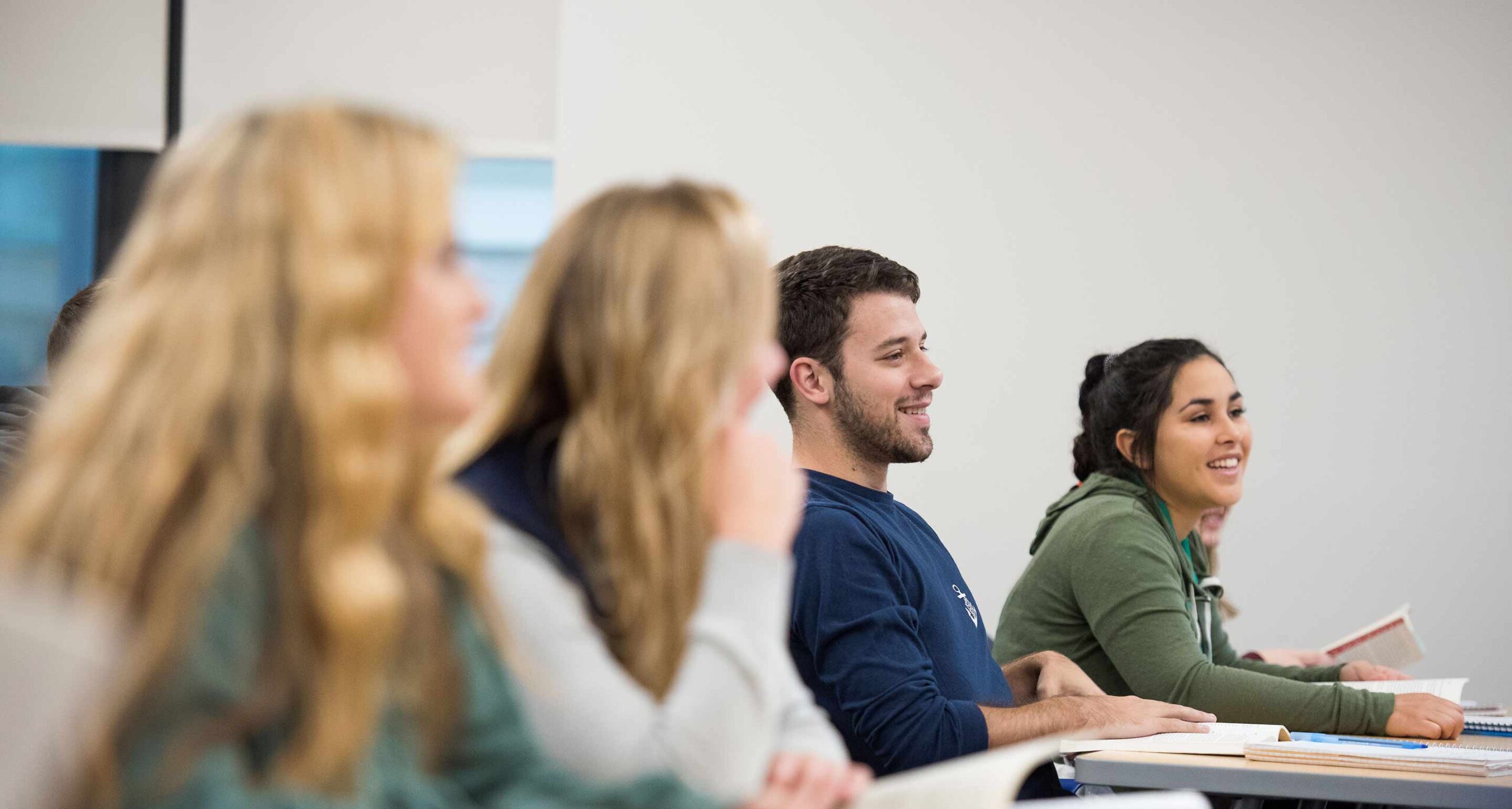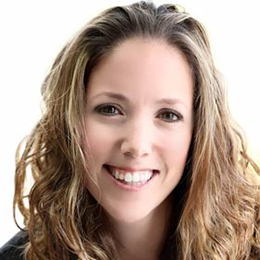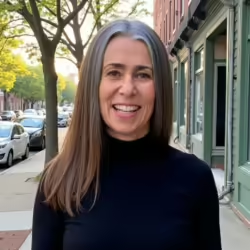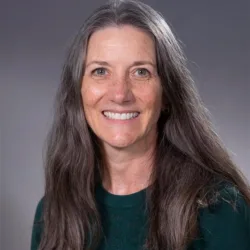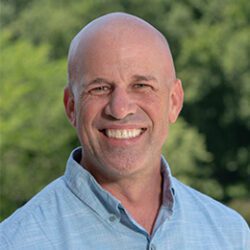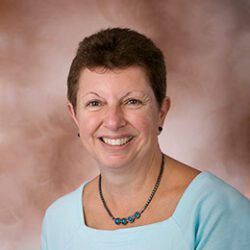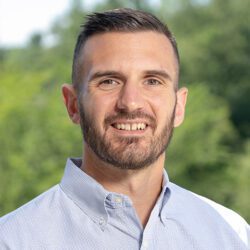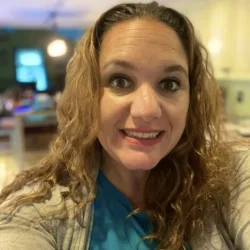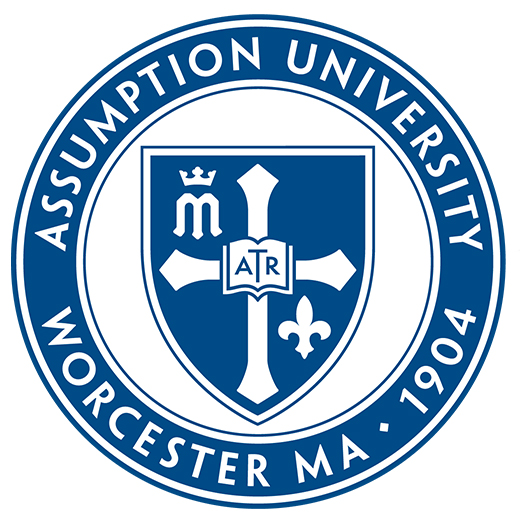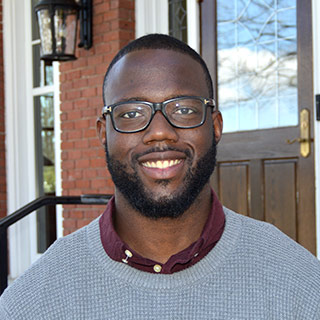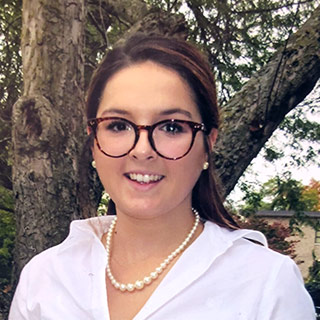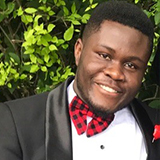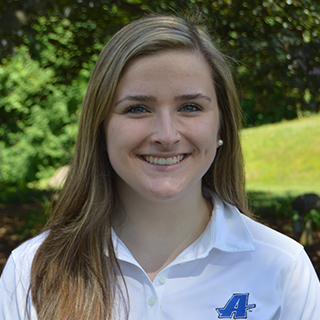Why Study Human Services at Assumption?
Whether advocating for social change towards equity and accessibility for those we serve, providing crucial direct support to vulnerable populations, or shaping policies for positive change, Human Services graduates are equipped with the skills and passion to make a difference. From counseling and case management to organizational leadership to advocacy and community development, a career in Human Services offers endless opportunities to create meaningful change and foster a brighter future for all.
Supporting and Affirming the Potential of All People
A degree in human services is for you if you care deeply about supporting and affirming people on their journey to health, optimal functioning, and wellbeing. A human services major understands the potential that all people have and works to support individuals, families, communities, organizations, and social settings at large.
Students may choose to work on the individual and interpersonal level or engage in social-level change through advocacy, research and policy development.
Research Opportunities
Working with a faculty mentor, students have conducted research on:
- Post Partum Depression and Maternal Mental Health
- Gender Disparities in Mental Health Services
- Factors Contributing to Higher Maternal Mortality: A Cross- Country Comparison
This degree at Assumption University combines theoretical knowledge and theory-driven skills classes along with a semester-long full-time internship that will prepare you for either a career in Human Services or graduate school in a number of disciplines including child life, counseling, social work, occupational therapy, physical therapy, speech and language pathology, and many more.
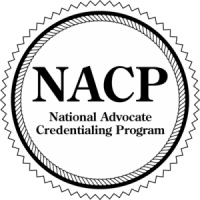
Students who complete the course, HUS/SOC/CRM 301 Victim Advocacy: Working with Survivors of Violence will be eligible, at minimum, for the NACP Provisional Credential, but potentially at a higher level of Credentialing based upon their verifiable field experience. For more information, please visit the NACP.
Christian (Scannell) Williams, Ph.D., LMHC
Faculty and Staff
Experiential Learning
Assumption's Rome Campus
At Assumption's campus in Rome, Italy, the city and the country become your classroom through daily and weekend-long excursions throughout "the eternal city" and the Italian countryside. This unique study abroad experience will enrich your academic and cultural pursuits as you walk in the footsteps of emperors and gladiators then enjoy delectable Italian cuisine or perhaps a cappuccino after class in a local cafe. (Did you know that your financial aid follows you to Rome?)
Explore the Rome CampusLearn the Skills Employers Seek
Faculty/Student Research
The Assumption curriculum encourages scholarly and real-world experience. With hands-on research conducted alongside faculty mentors, students gain a depth of knowledge and skills that lead to professional success and personal fulfillment.Study Abroad
At Assumption University, the world is your classroom. Students can study and explore abroad in over 50 places from Vienna to England, South Africa, and even our own campus in historic, yet modern, Rome, Italy. Assumption’s study abroad program offers culture, history, and a living classroom for all.Internships
Assumption starts planning for your future the day you arrive on campus. The Denecker Career Development & Internship Center helps students secure exciting and fulfilling internships where you’ll apply knowledge obtained in the classroom in a professional setting, preparing for a future career or additional study. Assumption connects students to internship opportunities in corporations, government agencies, research hospitals, non-profit organizations, and more.Career Paths
American Red Cross
Brigham and Women’s Hospital
Catholic Social Services
Department of Youth Services
Devereux School
Genesis Club
Jewish Health Care
Public Schools of Massachusetts
Youth Opportunities Upheld
First-rate Academics in a Catholic University Setting
Assumption University awakens in students a sense of wonder, discovery, and purpose, forming graduates known for their intellectual seriousness, thoughtful citizenship, and devotion to the common good. Students are provided an education that shapes their souls, forms them intellectually, and prepares them for meaningful careers. Enlivened by the harmony of faith and reason, here, students’ minds and hearts are transformed.

